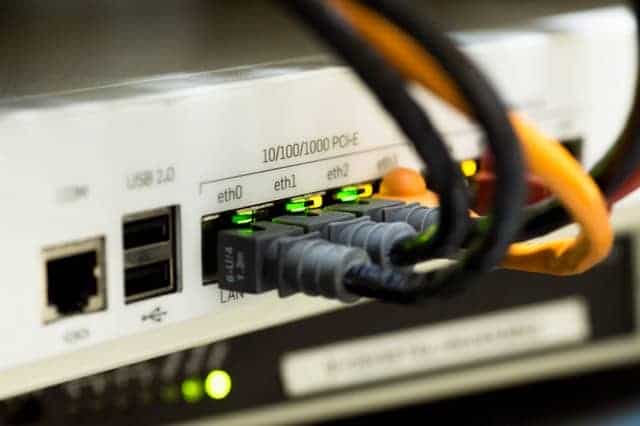Cyber security is a serious concern for every company. With the increasing number of cyber attacks, it is important to be aware of the myths that surround this topic.
In this post, we’ll dispel some of the most common cybersecurity fallacies and explain how you can solve them.
Cybersecurity is only for experts
There is still a perception that IT security is a subject that is only within the purview of the IT department. The safety of the company is the responsibility of each and every one of its workers. Your employees are the first line of defense for your organization, yet they are also the most vulnerable. Hackers prey on their lack of security awareness by sending phishing emails to these individuals.
If your employees don’t practice basic cybersecurity hygiene, this fallacy might have major ramifications. By clicking on links in emails or installing software without proper precaution, your company’s security might be put at risk.
In order for your staff to fully grasp the significance of cybersecurity and their part in maintaining it, they must be well educated. Additionally, they’ll be able to identify dangers and alter their behavior as a result of training.
Cybersecurity is only for large enterprises
This misconception has persisted due to widespread media coverage and the possibility that hackers may extract larger quantities of money from companies like these. Over 10,000 cyber-attacks are launched against UK-based small companies every single day, according to the Federation of Small Businesses (FSB).
Weak security processes are seen in many small organizations, according to the same study. These practices include failing to have a written password policy, not installing updates, and failing to use security software.
In the UK, a small firm is successfully hacked every 19 seconds, and cyber-attacks have the potential to shut it down. Small companies with limited resources for cybersecurity should seek the guidance of an IT support agency to determine the best course of action for their particular situation.
Passwords are sufficient security
There are still two myths about passwords that have been around for a while. Your password will be unbreakable by adding capital letters, numbers, or special characters. There are a number of business accounts that have these criteria, which perpetuates this fallacy.
In reality, the most important factor in password security is the length. Short passwords, no matter how “difficult,” may be cracked by software in a matter of days, regardless of their length. A password that is too lengthy might take a lot of time for a hacker to get their hands on. The suggestion is to choose a memorable phrase without any unique characters, such as one from a book or music.
You’re still at risk if the service you’re using is hacked and hackers obtain access to your password.
Two-factor and multi-factor authentication can help with this. These approaches need an additional phase of verification.
Anti-virus protects everything
The days of relying only on anti-virus software like McAfee or Avast are over. Ransomware, for example, has spawned a slew of specialist anti-ransomware programs. The most reliable strategy to security is a synchronized one, in which all of your solutions work together. Your endpoint, firewall, network connections, email, and more should be covered by your security solutions. Disaster recovery and data backup are also suggested to prevent any possible problems.
Hackers are the only threat
It’s impossible to overlook the prospect of hostile insiders or even mishaps on the part of your employees, despite the obvious danger that hackers offer to your company. A Heathrow Airport employee lost a USB stick with critical data, which was widely publicized.
Fortunately, it was turned in rather than being misused by the individual who discovered it. The corporation was nonetheless fined £120,000 for “serious” data protection violations. An employee might easily send a spreadsheet with critical information to someone outside of the firm by mistake.
This may be prevented by restricting access to your critical systems and limiting the number of personnel that have access to them. In the event of a security compromise, create procedures that require the encryption of detachable devices. You may also prevent the distribution of certain attachments outside of your organization by configuring your email settings in this way.
Summary
Employees are the first line of defense for your company, but they are also the most vulnerable to cyber attacks. Over 10,000 cyber-attacks are launched against UK-based small companies every single day, according to the Federation of Small Businesses (FSB). Choose a memorable phrase without any unique characters, such as one from a book or music. Two-factor and multi-factor authentication can help with this. The days of relying only on anti-virus software like McAfee or Avast are over. Disaster recovery and data backup are also suggested to prevent any possible problems.




